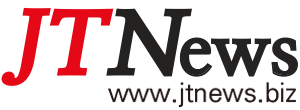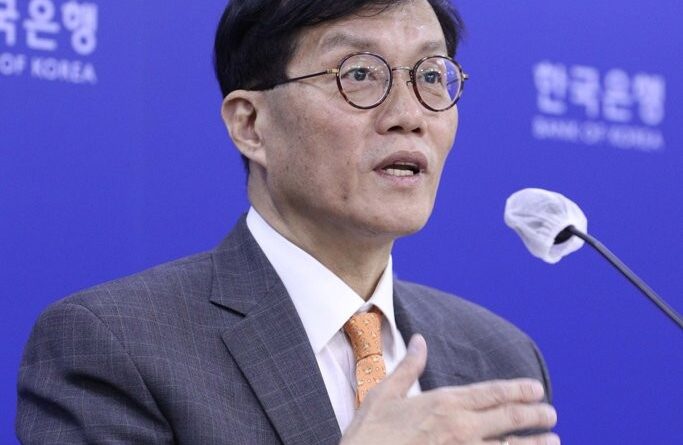BOK braces for financial market volatility following higher-than-expected U.S. inflation data

SEOUL, Oct. 14 (Yonhap) — South Korea’s financial markets will likely see amplifying volatility affected by the U.S.’ announcement of higher-than-anticipated inflation data in September that will strengthen the case for the Federal Reserve’s sharp interest rate hikes in the coming months, Seoul’s central bank said Friday.
“Expectations have grown that the U.S. Fed will beef up monetary tightening to cope with high inflation and accordingly uncertainty will likely increase in financial markets at home and abroad,” the BOK said in a release after convening a meeting to discuss the impact of the latest U.S. consumer price data.
“We will keep close tabs on changes in financial and foreign exchange markets and be ready to take action in a timely manner in case of excessively high volatility,” it added.
Overnight, the U.S. announced that the consumer price index in September rose 8.2 percent from a year earlier, a level higher than a market consensus, with core inflation, excluding volatile food and energy categories, accelerating to 6.6 percent, a new four-decade high.
Market watchers say that the persistently high inflation has augmented the case for continued aggressive rate hikes in the U.S. The Fed is widely expected to raise its policy rate by 0.75 percentage point early next month following such giant-step rate increases at each of its three previous gatherings.
How fast the Fed will raise its rate will have close ramifications on South Korea’s monetary policy that has also been aggressively tightened over the past year in the face of fast-rising inflation.
The Fed’s rate hikes could widen the current rate gap with South Korea, possibly prompting capital outflows that would lead to further weakening of the local currency and eventually exert additional upward inflation pressure.
On Wednesday, the BOK delivered its second big-step rate hike of 0.5 percentage point, the eighth increase since August last year, as it is striving to tame inflation and counter the won’s continued slide against the dollar.








